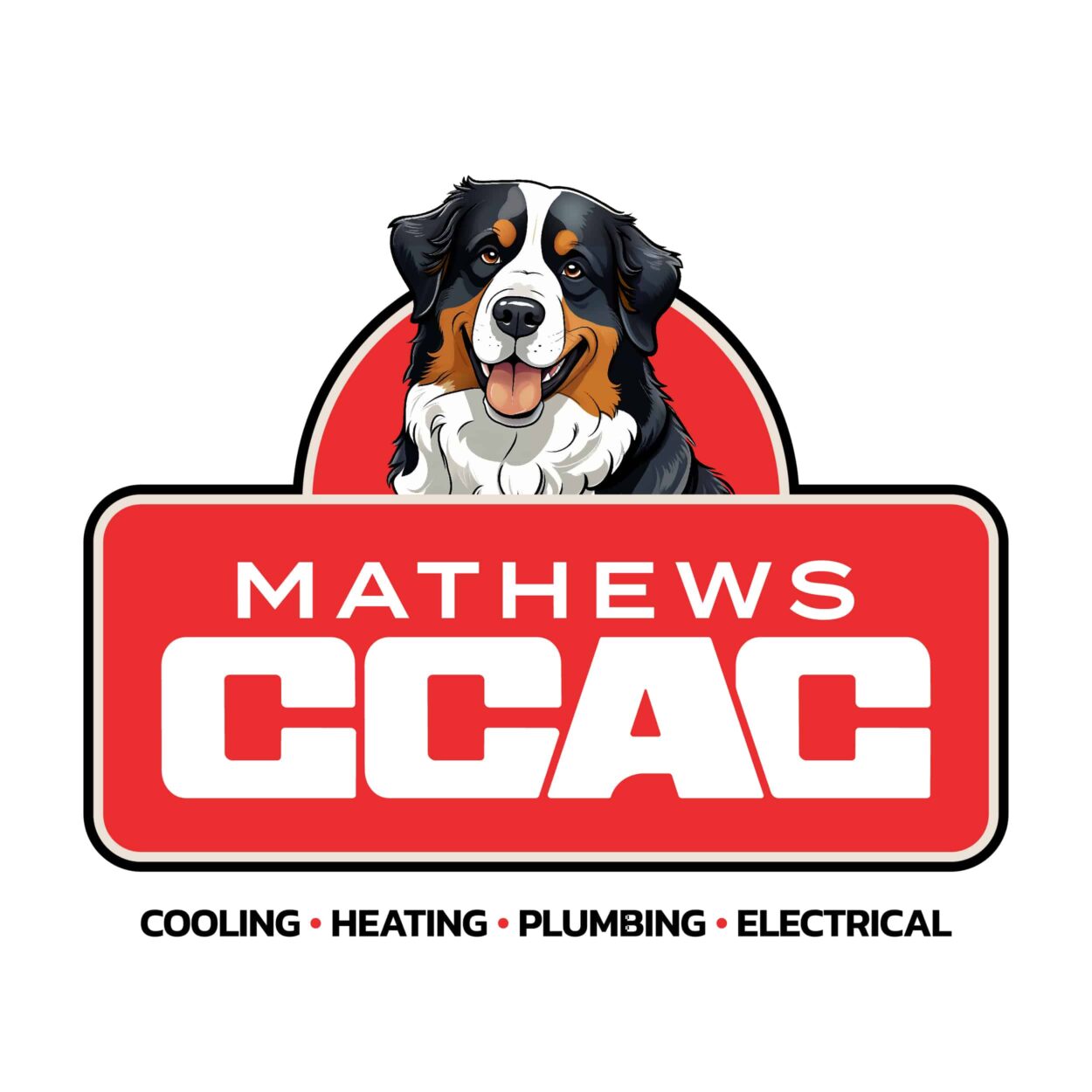 Sooner or later, we all have to freshen up the interior walls and trim with a new coat of paint. Whether you do it yourself or hire it done, your ordeal will include moving furniture and pictures, placing drop cloths on the floor — and smelling paint fumes.
Sooner or later, we all have to freshen up the interior walls and trim with a new coat of paint. Whether you do it yourself or hire it done, your ordeal will include moving furniture and pictures, placing drop cloths on the floor — and smelling paint fumes.
Are those fumes harmful? Let’s have a closer look at paint’s effects on air quality.
What’s in Paint?
We’re all aware that breathing paint fumes isn’t the best thing to do for your health. Depending on the type of paint you use, you may be exposing yourself to volatile organic compounds, or VOCs. These are a byproduct of paint, released in the air as a gas.
VOCs can cause a variety of symptoms, including dizziness, nausea, shortness of breath and impairment of memory. Longer term effects are liver or kidney damage, asthma and cancer. Paint is available that is low in VOCs, or even VOC-free. Whenever possible choose latex-based paint over solvent-based paint.
Minimizing Exposure to Paint Fumes
To minimize exposure to paint fumes:
1. Ventilate the area by opening windows and running floor or table fans. Be aware that this alone will not successfully remove all fumes.
2. Take a break now and then if you’re painting or in the house while it’s being done. Children and pregnant women should not be exposed to paint fumes.
3. Ask your HVAC consultant about the benefits of an activated carbon air cleaner, which can help absorb gases that other air cleaners may not be able to trap.
4. Do a home “bake-out.” Close doors and windows. Move people, pets and plants from the home, then turn the heat up as high as you can. After 24 hours, open windows and air out the home. If you still smell odors, repeat the process — up to as long as five days if needed. This procedure helps bake off the gases in paint, curing the materials so they’re inert.
To learn more about paint and its effects on air quality, contact CCAC. We serve Corpus Christi and the surrounding area.
Our goal is to help educate our customers in Corpus Christi, Texas about energy and home comfort issues (specific to HVAC systems). For more information about your HVAC system, download our free Home Comfort Guide or call us at 361-678-2495.












